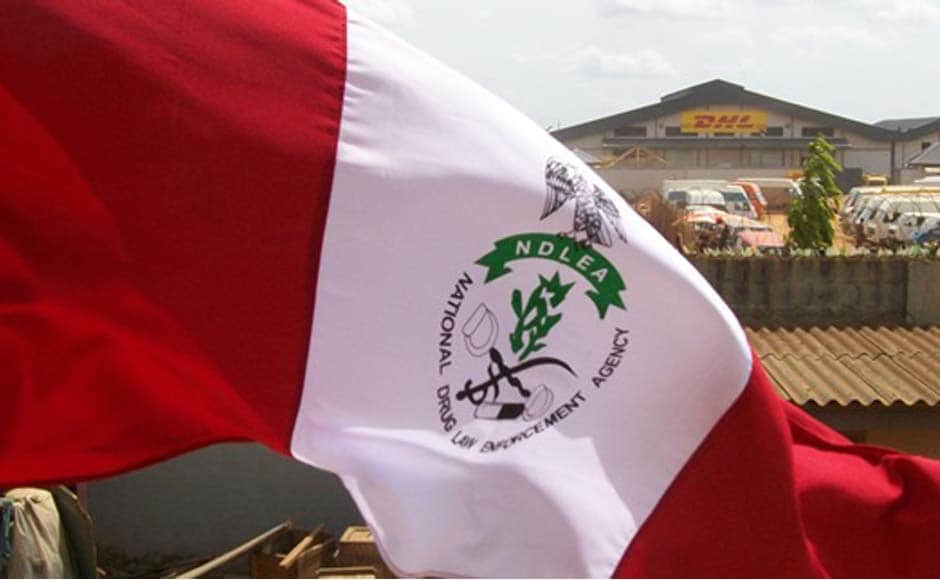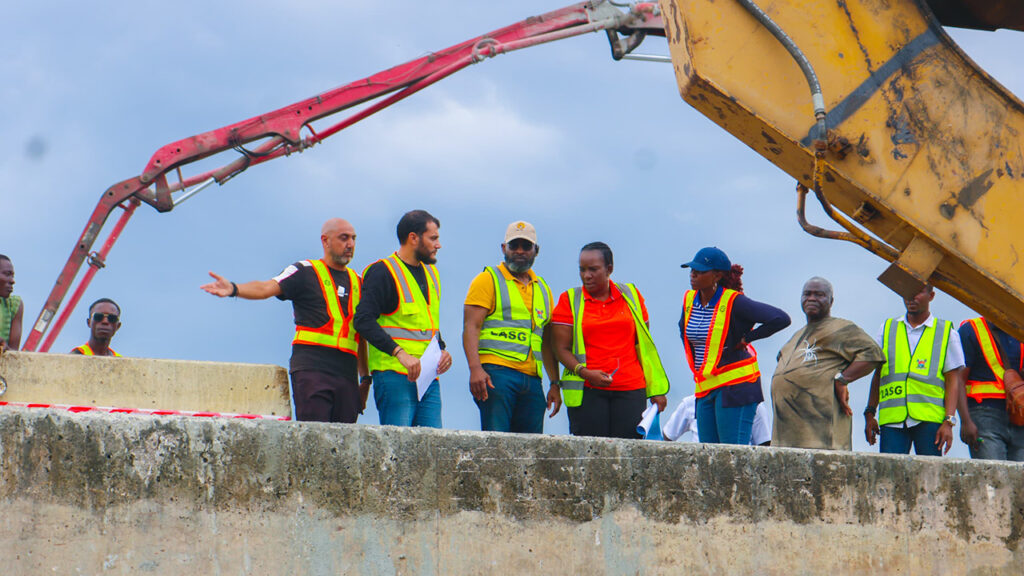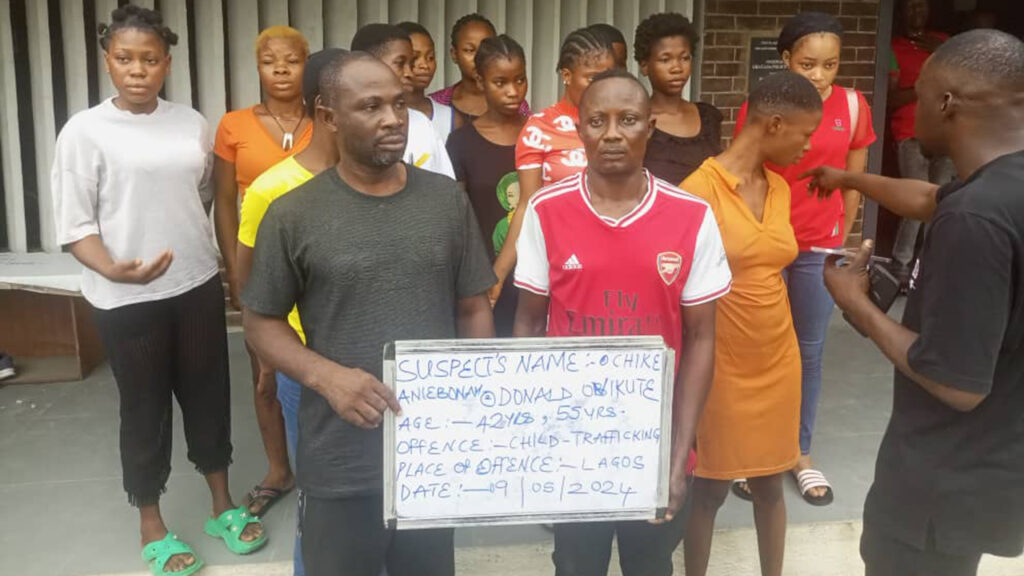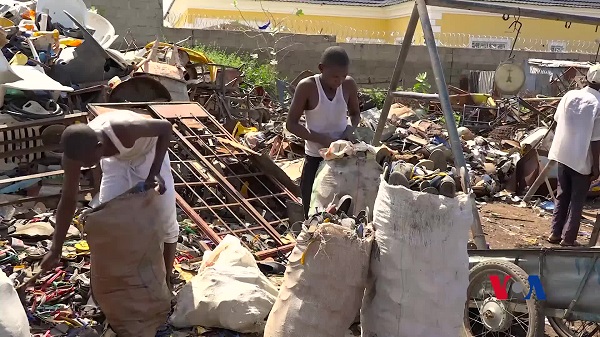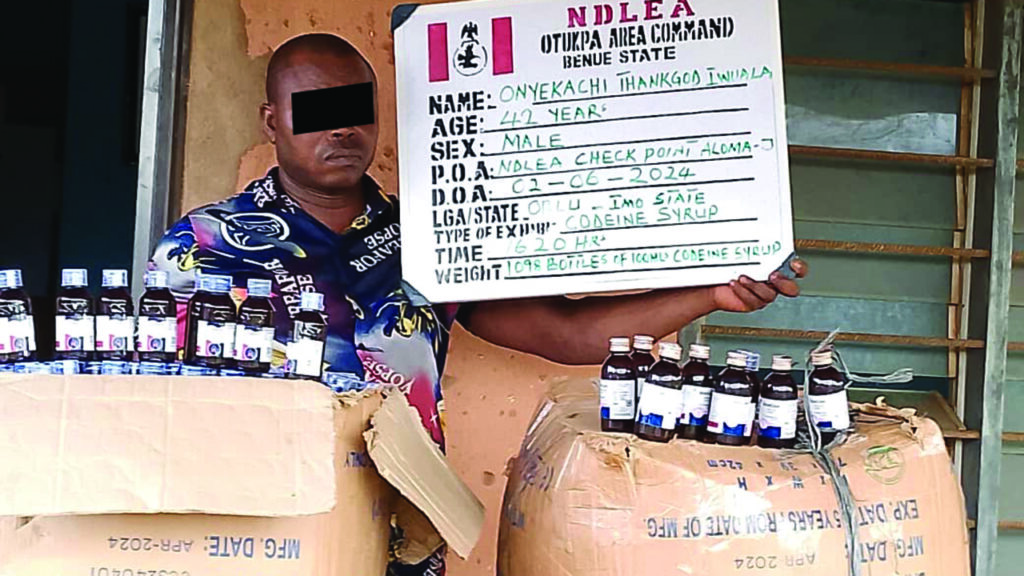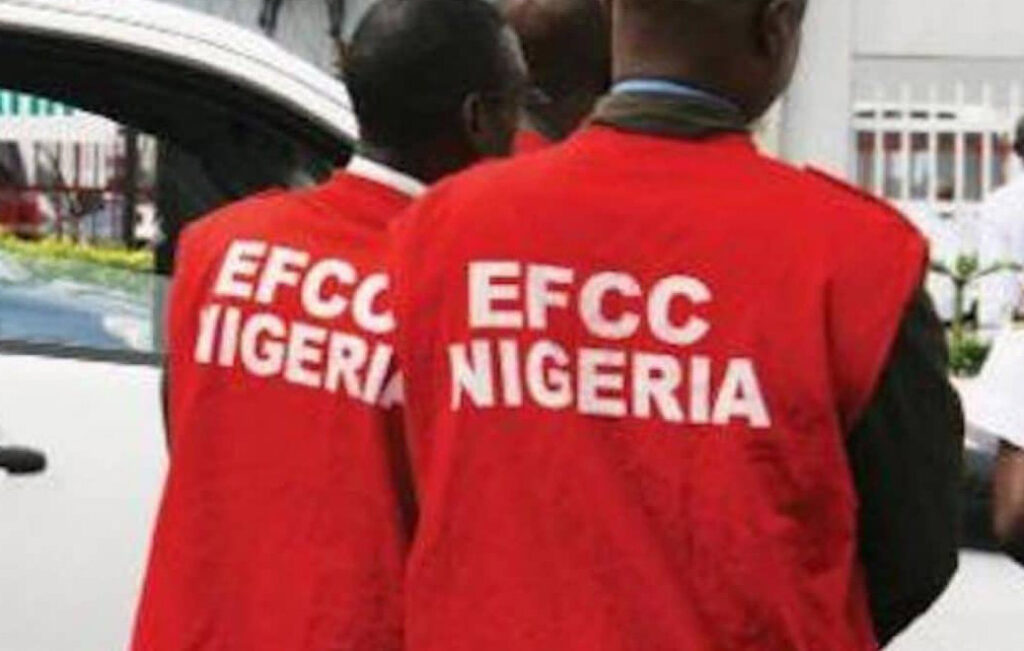
Stakeholders have expressed concern over poor reportage of Sexual and Gender Based Violence (SGBV) cases at the grassroots. They noted that a lot of incidences go unreported because victims are often threatened and dissuaded from reporting to the authorities and seeking justice.
The stakeholders spoke at a community advocacy dialogue on SGBV in Kwali Area Council, Federal Capital Territory (FCT), Abuja. Expressing displeasure over the development, the Director General, National Agency for the Prohibition of Trafficking in Persons (NAPTIP), Prof. Fatima Waziri-Azi, noted with dismay, attempts by family and community members to cover up SGBV offences, especially cases of rape, incest and bodily harm.
She said the agency had witnessed a number of SGBV cases getting withdrawn by complainants who were pressured, coerced, and even threatened to do so, to protect the perpetrators.
“There is nothing wrong with community settlement of SGBV cases by community leaders. However, grievous offences like rape, incest and battery, inflicting of injury and female genital mutilation, among others, should not be settled at the community level.
“The reason why we are reaching the communities is that we realise each community has its specific needs and issues that have to be addressed with regard to SGBV. Our goal is to bring together all stakeholders within Kwali Area Council including traditional rulers, religious leaders and law enforcement agencies to discuss and reinforce our various roles on issues of SGBV in the FCT,” she said.
She said female genital mutilation, which is seen as acceptable culture in some communities, is a crime, and the Violence Against Persons Prohibition Act (VAPPA) frowns at it because it is harmful.
Waziri-Azi said according to the VAPPA, “incest is a crime, and female genital mutilation, which a lot of people look at as a good culture, is a crime.” She said the largest SGBV complaint that NAPTIP receives is spousal battery, hence the need for collaboration by stakeholders because “everybody is important in ensuring that victims are protected and perpetrators are brought to book.”
Also, Divisional Police Officer (DPO) of Kwali, Muhammed Ranga, said cases of sexual abuse, defilement and assault are SGBV issues that the Area Council Police Command has recorded and has been handling in liaison with NAPTIP. He lamented that Kwali has a serious problem of SGBV but the community and its leaders always cover up cases.
“We have challenges with the chiefs and parents; they have always refused to acknowledge cases of rape, especially that of minors. Even cases of incest; they don’t want to bring it to the authorities. And after bringing such cases to the authorities, they will still end up begging the authorities not to go ahead with the matter. They will stop cooperating, leaving the authorities with no choice but to leave the victim.
“The father will come begging, the traditional rulers will come begging, and even council heads will come begging, instead of supporting that justice is served to the victim and the perpetrator is punished. This is not good.”
Recall that NAPTIP had earlier revealed that only two SGBV complaints were received from the area council out of 143 that were reported to NAPTIP protection officers in the FCT. The agency also urged community members to come forward with and report cases of SGBV through its confidential numbers.


